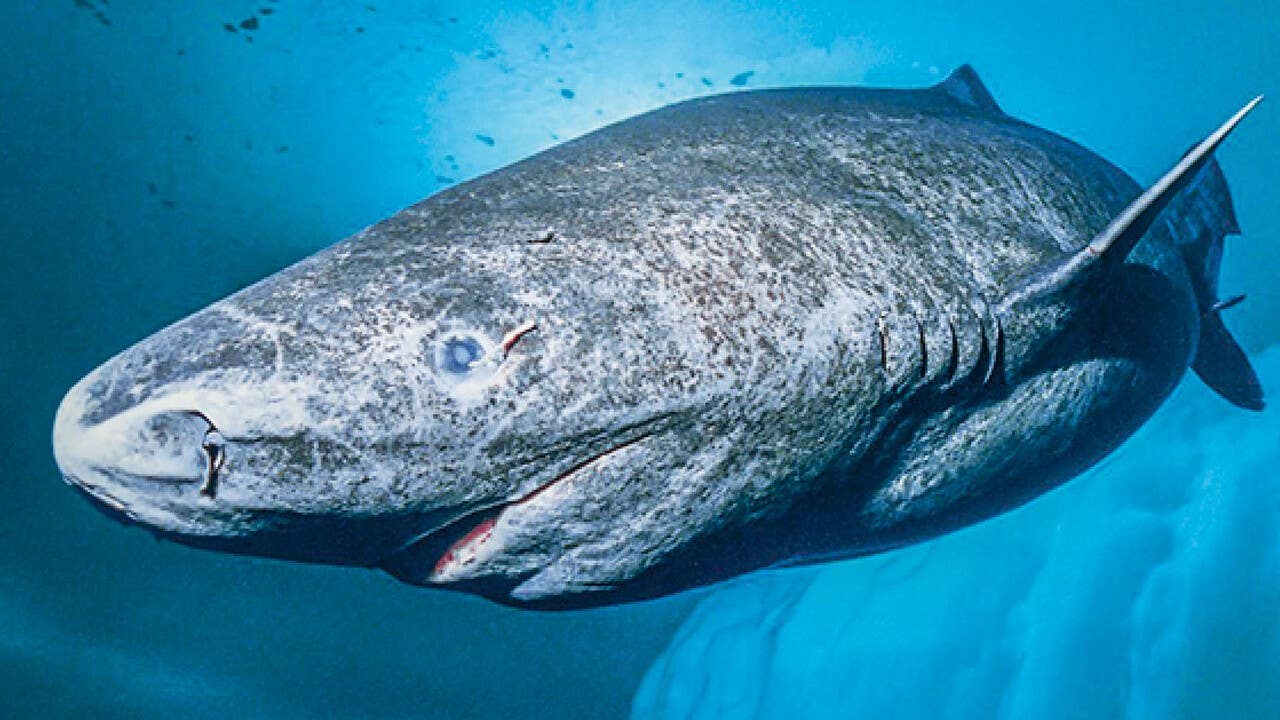Is it a crime to sup on a Sleeper Shark
Genus: Somniosus microcephalus
the solitary fish swimming in the dark
waters beneath the Arctic ice
so few and far between
this shark is seldom seen
but in the photographs captured
the curves confirm this clearly is a shark
but unlike its cousins – sleek Silvertips
the Greenland Shark is no beauty
it’s skin blotchy and rough…
On an exchange visit to
an Icelandic ladies’ choir
did I commit that crime?
Our own ladies, scandalised
at the first stop on our itinerary
a swim in the Blue Lagoon
– by naked women brazenly European
walking around in the changing room
were equally horrified in Reykjavik’s
covered market to be offered
seagull’s eggs and Rotten Shark
– kæstur hákarl a national delicacy
but foodie as I am I agreed
to give it a go…
“Best hold your nose”
our host’s advice but not before
I’d caught a whiff like ammonia
I took a small white cube
upon a toothpick and ate
nose pinched
it was not as bad as some
wimpy celebrity chefs have claimed…
I was not told that this was
Greenland Shark nor that
it is now known to be the
longest lived vertebrate
thought perhaps to live as long
as four to five hundred years
one hundred and fifty before
the poor creature is ready to breed
imagine then it’s lonely search
for a mate deep in the Arctic dark
and the secret of this shark’s longevity
– slow living – snail’s pace metabolism
which is why, flesh full of bodily toxins
the freshly caught Sleeper is poisonous
but the peoples of the Arctic
are not ones to waste a food opportunity
and so they figured out to
bury the shark for six to twelve weeks
weighted to press out fluids
whereby fermentation detoxifies
to feed the nation it’s infamous dish
at the midwinter festival þorrablót
Now that the Methuselah nature
of the Greenland Shark is known
it is not legal to hunt or kill this
oldest of fish but fishermen’s bycatch
provides sufficient specimens
to feed the Icelandic appetite
for Rotten Shark – so it was no crime
to taste this long-lived being
whatever my fellow singers said
of the smell, but now that I know
of what I ate, I carry the thought
swimming in my imagination
of this patient, slow-living
denizen of the dark depths
the Greenland Shark…
© Andrew Wilson, 2025

Over at dVerse Poets Pub, Melissa Lemay in Poetics invites us to write about sharks as we approach Shark Week! So I dredged up this dark tail…





